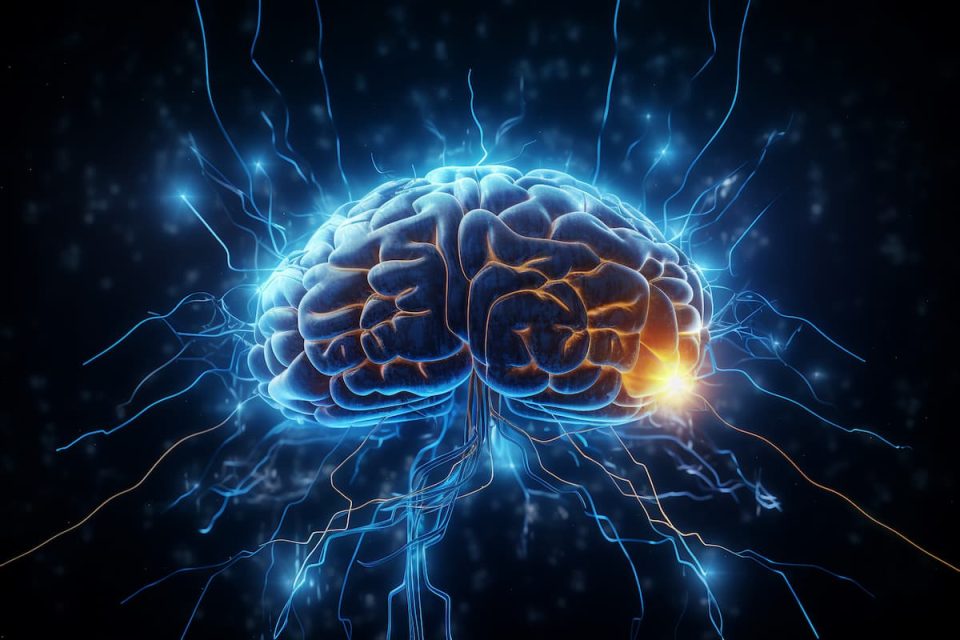Anxiety: a term that has become almost commonplace in today’s society. But what exactly is it? For many, it’s an invisible companion that casts a shadow over daily life, making even the simplest of tasks feel mountainous. If you’ve ever been gripped by its clutches, you know how real and powerful this invisible force can be.
What is Anxiety?
Anxiety, in its essence, is the body’s natural response to stress. It’s a feeling of fear or apprehension about what’s to come. While a certain amount of anxiety can help us perform at our best, chronic anxiety can disrupt our lives in significant ways.
The Growing Prevalence of Anxiety
Recent statistics show an alarming rise in anxiety disorders. In the U.S., for instance, nearly 40 million adults suffer from an anxiety disorder every year, and these numbers are steadily climbing. Interestingly, research indicates that women are more prone to depression than men, and persistent anxiety often paves the way for depressive disorders.
Symptoms of Anxiety
Anxiety manifests in various ways, which can be grouped into four main categories:
- Physical Symptoms: This includes rapid heartbeat, shortness of breath, dizziness, nausea, and muscle tension, among others.
- Mental Symptoms: These may be manifested as racing thoughts, incessant worry, difficulties in concentration, and obsessive thinking.
- Emotional Symptoms: Persistent feelings of dread, irritability, restlessness, and overwhelming fear are common emotional symptoms.
- Social Symptoms: Avoiding social events, isolation from friends and family, and fear of certain places or situations can arise from anxiety.
Despite these symptoms and the widespread nature of anxiety, its prevention seldom makes it to our priority list. But shouldn’t we be proactive about addressing the root causes before they burgeon into a bigger problem?
Traditional Treatment: The Double-Edged Sword of SSRIs
Selective Serotonin Reuptake Inhibitors (SSRIs) are the most commonly prescribed medications for anxiety. While they’ve been beneficial for many, it’s essential to approach them with caution. Some of the more severe side effects include weight gain, sexual dysfunction, and, paradoxically, increased anxiety or depression. It’s always best to discuss potential side effects with a healthcare professional before starting medication.
The Holistic Alternative: Embracing Healing on All Fronts
When dealing with anxiety, a more involved and proactive approach can make a world of difference. This involves making changes at every level, including:
Physical:
- Regular exercise to boost endorphins.
- A balanced diet to nourish the body.
- Adequate sleep to rejuvenate.
Mental:
- Engaging in mindfulness practices to stay present.
- Meditation to calm the mind.
- Cognitive-behavioral therapy to reframe negative patterns.
Emotional:
- Embracing self-compassion to heal wounds.
- Joining support groups to find solidarity.
- Seeking therapy to unpack and address issues.
Spiritual:
- Delving into spiritual practices to seek deeper understanding.
- Finding purpose to give life direction.
- Connecting with a higher power or nature to feel a part of something greater.
Social:
- Building and maintaining meaningful relationships to find support and companionship.
- Participating in community events or groups to feel connected.
- Setting boundaries to ensure healthy interpersonal dynamics.
- Taking breaks from social media to avoid comparison and ensure genuine connections.
- Seeking opportunities for volunteering or helping others to foster a sense of community and purpose.
Speaking of therapy, its success hinges largely on the patient’s involvement and willingness to change. A holistic approach can be incredibly effective because it demands an active involvement and motivation to make changes.
In Conclusion
If you or someone you know is grappling with anxiety, remember that there’s no one-size-fits-all approach. It’s crucial to find what resonates with you. Believe in yourself, trust the process, and know that with a holistic approach, change is not just possible but imminent. Your journey to a peaceful life is worth every effort. Embrace it with hope and determination.


